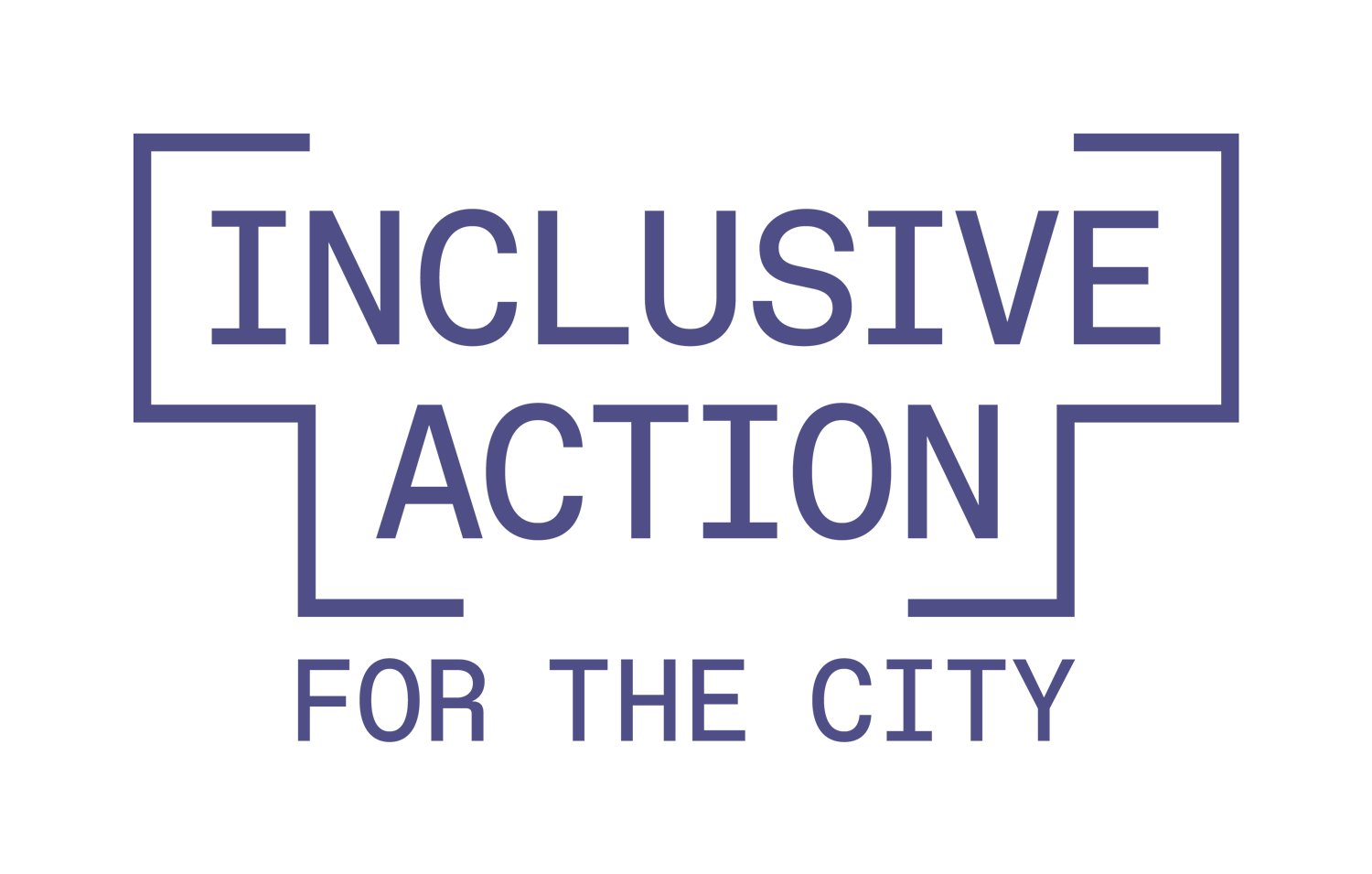What Los Angeles Needs to Fight the Coronavirus: Direct Cash Assistance to Families
By Rudy Espinoza
Over the past couple of weeks, we’ve been listening to the fear and anxieties of the micro-entrepreneurs we work with as a result of the Coronavirus pandemic. None of us can accurately anticipate how this will impact our communities, but what’s clear is that micro-businesses and their workers are already seeing a negative economic impact. Customer traffic is coming to a halt, catering opportunities are drying up, and in some cases, people are falling ill. Forty percent of Los Angeles County households make under $50,000. These households cannot afford to lose one paycheck. In the wage theft capital of the country, low wage workers continue to have the most to lose. While individuals are being asked to stay home, many Angelenos don’t have the privilege of staying home if they’re feeling under the weather.
To combat the Coronavirus, Los Angeles needs to move quickly to establish a direct cash assistance program that provides low wage workers an opportunity to stay home.
Fortunately, leaders are beginning to mobilize to support workers and entrepreneurs. The State of California is expanding its unemployment benefits, for example, to workers impacted by the Coronavirus, and some lenders are beginning to offer loan interest loans to small businesses to stay afloat (which bothers me a bit, since these businesses will be put further in debt as a result of something they cannot control). What we need to augment these initiatives is a program that provides direct cash assistance to workers that helps them pay for their basic needs over the next few weeks.
Cash assistance and cash transfers to vulnerable families are becoming commonplace in various ways. The Federal government has administered cash assistance programs like Temporary Assistance for Needy Families (TANF) for years, but cities like Stockton have been experimenting in a different way; their SEED program offers direct cash transfers to families: $500 of guaranteed income. They are studying how this resource helps families pay for basic bills, but also pivot into other careers. Locally, the City of Santa Monica has been dedicating general funds dollars to their Preserving Our Diversity initiative, providing seniors who live in rent-controlled units a few hundred dollars a month to pay for their basic needs. The cash infusion is helping vulnerable people stay in their homes and relieving them of hard choices, pay your rent or buy food? Buy medicine or go to the dentist?
As the impact of Coronavirus is unfolding, our public sector has an important opportunity to stabilize our lives and provide enough resources to help us weather these storms. Indeed, this is one of the main roles of government, to monitor the market and make sure that people have enough resources so they are not harmed and left behind. And because our budgets reflect our values, I hope our beloved Los Angeles displays this in a way like never before. My hope is that we can get creative about how we use all available resources like the City of LA’s emergency fund ($180 million). Is there a way to modify grant agreements (for example, the Community Development Block Grants that so many cities obtain) to support not only economic development but also economic resiliency? Are there cost-cutting measures that city and county departments can take now to help relieve resources that could be ushered into a “cash assistance” fund for families and very small businesses? If our public departments are not comfortable depleting reserves, can they be leveraged to tap into philanthropic investments that can be repaid at a later date?
These are simple, off the cuff ideas that need further research but I believe that a cash assistance program, a “resiliency fund,” to low wage workers and micro-entrepreneurs can happen in Los Angeles. My hope is that we can come together to explore ideas that may seem unusual and feel difficult but can have a huge positive impact on the lives of the vast majority of people who will be the most impacted in our region. Now is the time to put everything on the table and be bold. When there is a will, there is a way.
